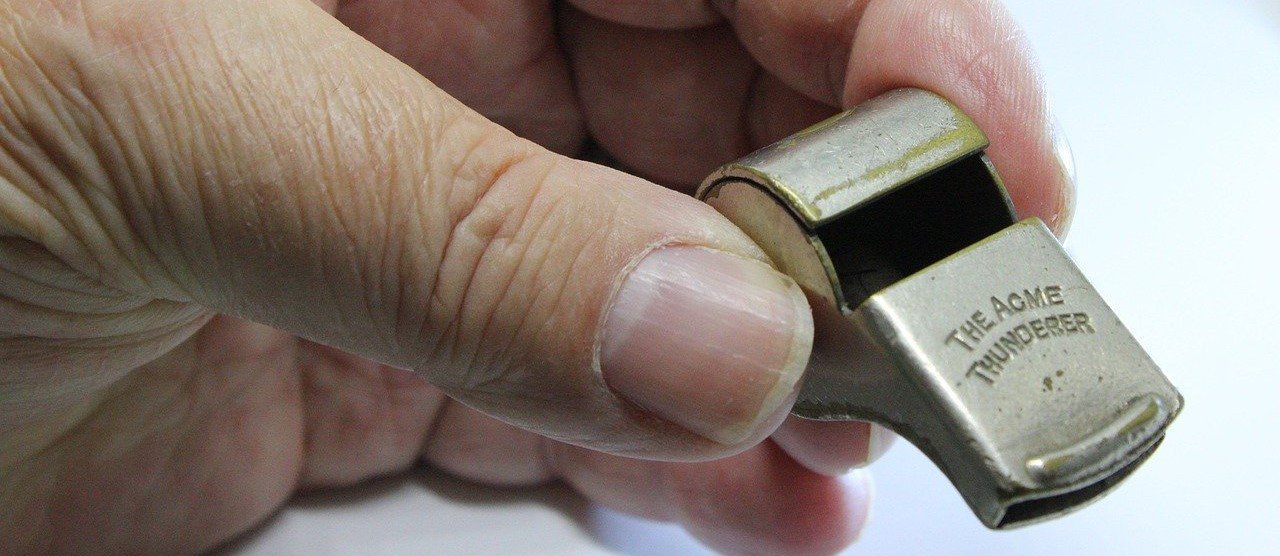|
Regulatory safeguards are a critical part of our nation’s social support system. After all, the burdens of hazardous working conditions, industrial pollution, climate change, and more fall disproportionately on low-wealth families and communities of color. The public health, workers’ rights, and consumer safety protections we fight for help individuals achieve their full potential and promote thriving, resilient communities. |
Jump to: |

Safe Drinking Water for All
Nitrates, a common pollutant, have contaminated the drinking water of millions of Americans. These toxins leach into groundwater when farmers apply too much fertilizer and when factory farms improperly manage their manure. They are linked to fatal blue baby syndrome, certain cancers, and other health problems. Using data from private wells and public water utilities in Maryland, we have developed recommendations and model legislative language to protect drinking water in the state and beyond.
Top Recommendations
- Lawmakers and agencies should provide stronger protections and programs for private well owners, such as low- or no-cost test kits, grants to owners of contaminated wells, and strengthened well testing requirements.
- The U.S. Environmental Protection Agency should reassess the health effects of nitrates in drinking water.
- Lawmakers should limit pollution from factory farms by halting permits for new and expanded operations and requiring farms in areas with groundwater contamination to implement best management practices.
Resources
- Report: Tainted Tap: Nitrate Pollution, Factory Farms, and Drinking Water in Maryland and Beyond
- Infographic: Nitrate Pollution Threatens Well Water on Maryland’s Lower Eastern Shore
- Op-ed: Legislation Needed to Protect Maryland Well Owners
- Op-ed: Is the Maryland Department of the Environment cleaning up its act when it comes to enforcement?
- CPRBlog post: New Report Finds Dangerous Nitrate Pollution in Maryland Drinking Water
- CPRBlog post: CPR Report Fuels Legislation that Would Create a Well Safety Program in Maryland
- CPRBlog post: Maryland Adopts Law to Ensure Safe Drinking Water for Tenants
- CPRBlog post: Maryland Must Take Stronger Steps to Regulate Toxic Stormwater from Industrial Sites to Protect Marylanders and their Waterways

Effective Disease Protections on the Job
COVID-19 exposed our nation’s inadequate protections for workers. Worker health and safety standards are weak, fines are low, and enforcement is sporadic. The federal Occupational Safety and Health Administration (OSHA) takes too long to address new and emerging hazards like the coronavirus and is sometimes openly hostile to action. It’s time for an overhaul. We’re leading the fight for stronger safeguards for all workers.
Top Recommendations
- OSHA should develop and implement an emergency temporary standard, followed by a permanent standard, on disease prevention in workplaces where employees are at high risk of exposure to COVID-19 and other infectious diseases.
- OSHA should aggressively enforce a provision of the OSH Act known as the “general duty clause” by issuing citations to companies that fail to comply with recognized disease prevention practices.
- State legislatures and workers’ compensation agencies should create a presumption in the law that essential workers who contract COVID-19 did so in the workplace and are entitled to workers’ compensation.
Resources
- Report: Protecting Workers in a Pandemic
- Op-ed: More Needs to Be Done to Protect Our Meat and Poultry Workers
- Podcast episode: Essential, Not Expendable: Protecting Workers from COVID-19: A Connect the Dots Podcast
- CPRBlog post: Biden Tapped Frederick, Hughes, Rosenthal for OSHA’s Leadership Team. Here’s How They Can Fix the Agency.
- CPRBlog post: Maryland Weighs Legislation to Protect Food and Farm Workers Amid Pandemic
- CPRBlog post compilation: COVID-19 and public protections

Worker Health Amid Climate Change
Climate change poses unique hazards on the job. Heat stress and dehydration can sicken and kill workers. Yet the Occupational Safety and Health Administration (OSHA) has done little to protect workers from these dangers. We’re engaged in an advocacy campaign that led national heat stress legislation, which would require OSHA to protect all workers from extreme heat and related illnesses.
Top Recommendations
- Congress should direct OSHA to protect workers from heat stress and provide it with the resources it needs to effectively safeguard workers from climate-related hazards.
- OSHA should adopt and enforce standards to protect workers from climate risks, including heat stress and infectious diseases. States authorized to develop and enforce worker health and safety standards should go above and beyond OSHA’s standards.
- Federal agencies should incorporate inclusion and equity into policymaking so the costs and risks of responding to climate disasters are not disproportionately borne by disenfranchised people and communities
Resources
- Paper: From Surviving to Thriving: Worker Health and Disaster
- Webinar: What Migration Means for Labor and Communities
- Podcast episode: Keeping Workers Safe in the Era of Climate Change
- Podcast episode: Working to Death
- CPRBlog post compilation: Heat stress
- CPRBlog post: On Strike for Climate Justice and Workers’ Rights

Protective Policies for Whistleblowers
Our nation’s workers have direct knowledge about health and safety hazards in their workplaces. But when they blow the whistle on dangerous conditions, state and federal agencies don’t do nearly enough to protect them from firings, demotions, and other types of retaliation. We’re standing up for all workers with policy solutions for more effective whistleblower protections.
Top Recommendations
- Congress should update the Occupational Safety and Health Act to provide workers with stronger whistleblower protections. This includes more time to file complaints and a “private right of action” to hold scofflaw employers accountable in court.
- The federal Occupational Safety and Health Administration (OSHA) should update its whistleblower protection program. It can do this by creating a real-time tracker that would allow workers to follow complaints through the case review process and access related materials.
- OSHA should review and resolve complaints within the timeframe required by law.
Resources
- CPR testimony: OSHA’s whistleblower protection program
- CPR comments: OSHA’s whistleblower protection program
- CPRBlog post compilation: Whistleblower protections
